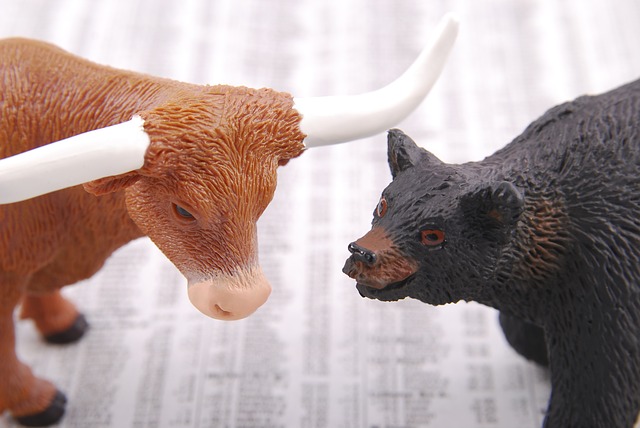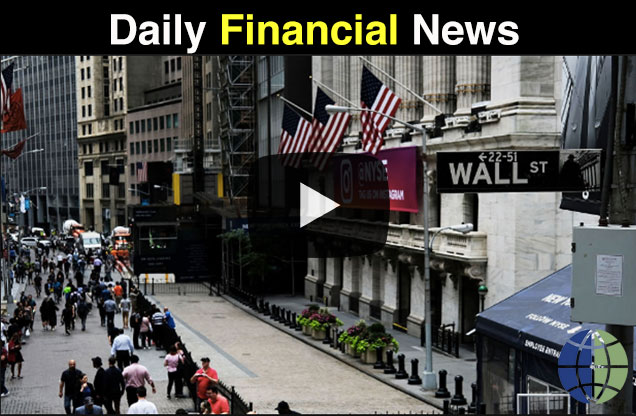Effective long and medium-term trading strategies in all markets typically involve identifying the major underlying trend and then trading with the trend’s overall direction.
This tends to hold true regardless of whether the trend consists of an upward trend or bull market, or a downward trend that is otherwise known as a bear market.
Bear Markets and Stock Trading Regulations
Because of the regulation which many traders consider to be excessive, stock traders are often limited in their ability to take short positions in stocks. This can significantly affect the scope of their trading opportunities, especially in bear markets.
The reason for these numerous rule changes involves the stock market’s various crashes which have occurred historically. These regulations have the overall effect of making the shorting of stocks increasingly difficult in declining markets.
Basically, traders are only permitted to short a stock on an uptick in its price. This so-called short sale rule has even been expanded recently to prohibit the shorting of financial stocks altogether when the market has declined by a certain percentage.
In addition, because of the fact that currencies trade in pairs, all currencies cannot decline simultaneously in the forex market. This differs from stocks, which can all move down simultaneously in a typical bear market crash scenario. This is the primary reason that the short selling regulations were instituted in the first place.
Trade Bear Markets in Forex Easily
Unlike the stock market, the forex market is comparatively unregulated. This allows traders to sell short regardless of the direction of the last sale, which is how this regulation works in the stock market. In essence, the forex market allows traders to go short any currency pair as long as a bid price can be found in the amount they wish to deal.
Because of the lack of restrictions in the forex market, bull and bear markets remain equally easy to trade. Also, because of its unregulated nature, moves in the forex market are usually dictated by the levels of supply and demand in the market, although at times central banks may intervene to stabilize their currency.
Basically, the forex market allows traders a more equitable and efficient marketplace in which to operate. This makes trading just as easy in a bear market as in a bull market.
The U.S. Dollar’s Trend Creates Bull and Bear Forex Markets
In the stock market, individual stocks will tend to trend according to the company’s prospects and for the market generally.
Nevertheless, stocks which perform poorly will still rise in a bull market, while high performing stocks with strong earnings will still decline in a bull market, although perhaps to a lesser degree than the overall market.
The rough equivalent of the overall stock market for forex traders is the performance of the U.S. Dollar. Because of the Dollar’s status as the world’s premier reserve currency since the end of the Second World War, the majority of large moves seen in the forex market will either be in favor of or against the U.S. Dollar.
Basically, since the U.S. Dollar often plays the role of market leader, its value will rise and fall against a number of other currencies simultaneously depending on economic conditions in the United States in relation to the rest of the world.
This tends to give the impression of bull or bear markets for all currency pairs which include the U.S. Dollar as the fortunes of the United States rise or fall respectively.


